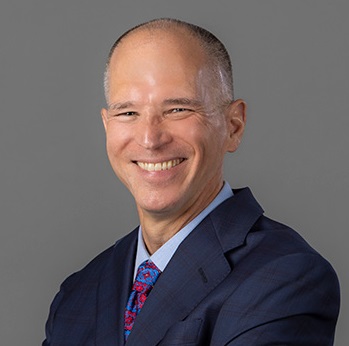ICLE Issue Brief Debunks the ‘Reverse Robin Hood’ Fallacy
PORTLAND, Ore. (Nov. 4, 2021) — A new issue brief from the International Center for Law & Economics (ICLE) looks at the “reverse Robin Hood” fallacy, which holds that credit-card rewards programs benefit the rich at the expense of the poor.
A popular subject in the consumer press that also has been taken up by some academic studies, “reverse Robin Hood” contends that merchants use higher retail prices to pass on the cost of interchange fees to consumers, financed largely by poorer cash users, while rich rewards-card users get the benefits.
Authored by ICLE Academic Affiliate Todd Zywicki, Associate Director of Legal Research Ben Sperry, and Senior Scholar Julian Morris, the ICLE brief applies the economics of multi-sided markets and the realities of credit-card networks to reveal that this narrative is largely a myth. Moreover, the authors find, capping credit-card interchange fees will likely harm the poorest consumers the most.
“This framework helps explain that all participants in the credit-card ecosystem benefit from its establishment of complex relationships,” the authors write. “Sometimes, this means participants on one side of the platform, such as merchants, pay charges that are used to provide benefits to another side of the platform, such as consumers. But doing so often ultimately benefits participants on the side that pays—for example, by increasing their sales sufficiently that net income increases despite the additional cost.”
The issue brief notes that, for “reverse Robin Hood” to be true, each income group must be buying the same basket of goods and services from the same merchants. In real life, different cohorts of consumers frequently shop in different places and often buy different things, depending on income. In this more realistic scenario, merchants adjust prices based on the incidence of card usage, meaning the redistributive effect is dampened. In other words, rewards-card users largely pay for their own benefits.
Moreover, merchants don’t pass through 100% of the costs of interchange fees to consumers in the form of higher prices. The literature suggests a pass-through range of between 22% and 74%, with a median of roughly 50% in the long run. This means that a reduction in interchange fees won’t necessarily lead to lower prices, either. That’s exactly what consumers experienced after the Durbin Amendment imposed caps on interchange fees for debit cards in 2010.
“If the experience with caps on debit card fees under the Durbin Amendment is any indication, the benefits of interchange-fee caps will be much smaller than the costs to consumers, especially lower-income consumers,” the authors write.
The full issue brief can be downloaded here. For more information or to schedule an interview with the authors, contact ICLE Editor-in-Chief R.J. Lehmann at [email protected] or (908) 265-5272.








